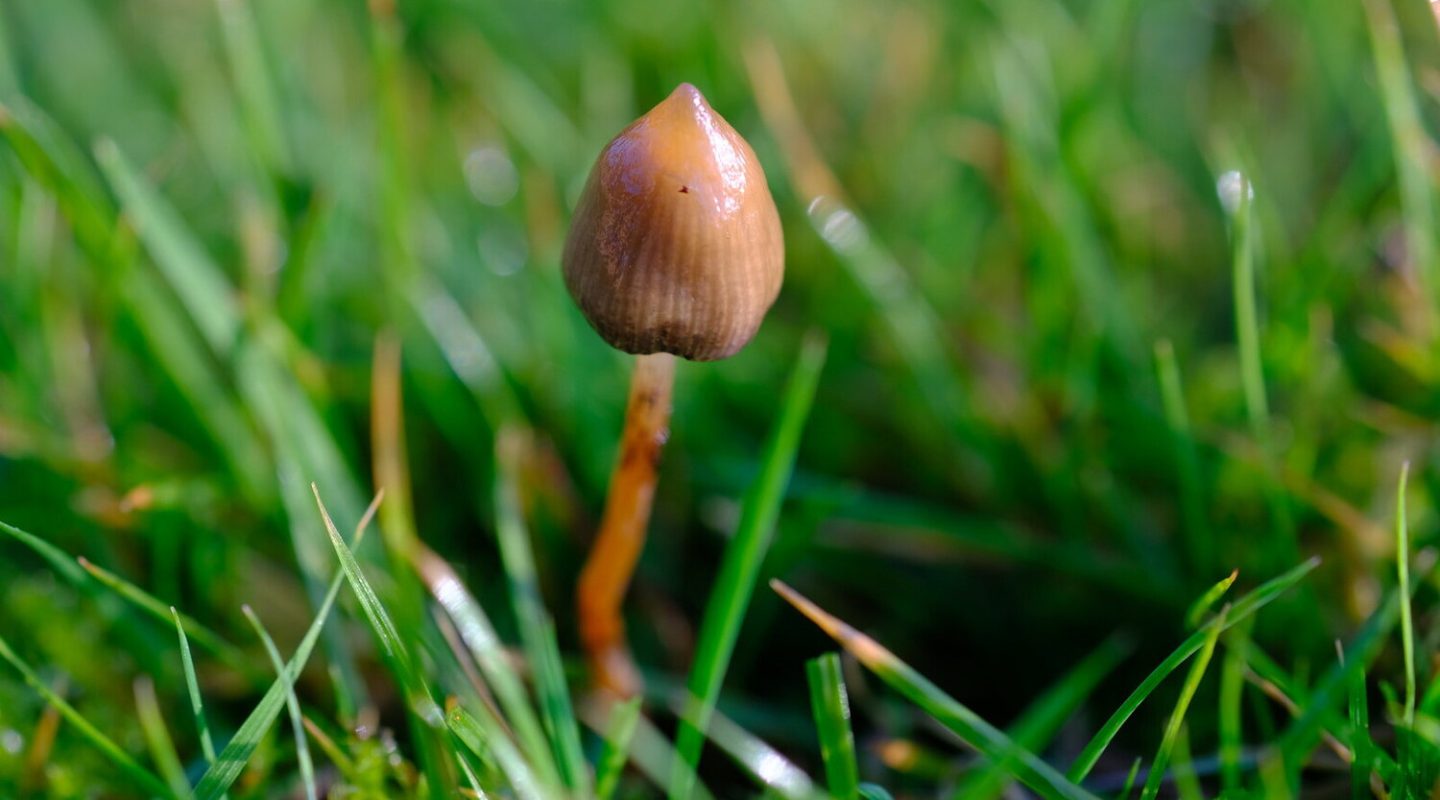Why Are Some People More Likely to See Faces Everywhere While Tripping?
Because of the influence of ‘set and setting’, not everyone’s psychedelic experience is the same. Various aspects of ‘set’ (e.g. beliefs, expectations, mood, personality, intention, level of restfulness) and ‘setting’ (e.g. culture, environment, music, people present) interact with the drug and the dose to produce a particular kind of experience. This includes the visual qualities…
View Post



